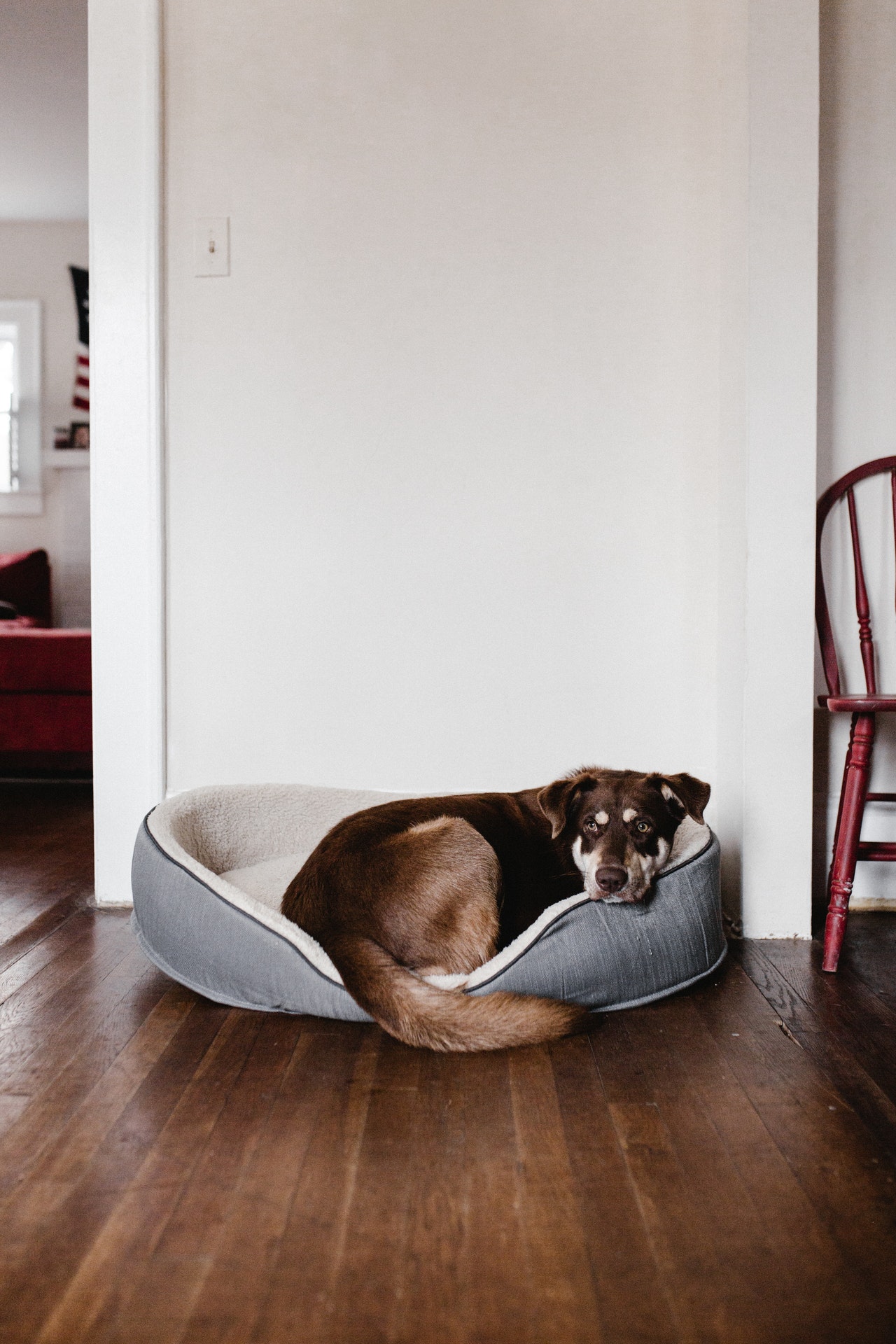Like humans, dogs are sentient beings who experience pain and emotion. Unfortunately, this means that they can suffer from negative aspects of emotions such as depression. Are you concerned that your pet might be depressed? Here are some ways to spot the signs.
Symptoms
Dogs are very sensitive and can feel down sometimes, but if this emotion envelops them and becomes a serious issue, it is crucial that you know how to spot the signs of depression and help them in any way you can.
If your pup has become withdrawn and has little enthusiasm for playing or enjoying a daily walk, they may be struggling emotionally. You may notice that you have a tired dog on your hands – one that just wants to lay around and sleep a lot. Alternatively, they may show signs of agitation and be unable to settle or have quality, deep sleep.
Behavioral changes in your dog are a big warning sign that they are suffering from depression. If your dog is normally well-behaved, content, and calm, depression may cause them to become aggressive and reactive. A fully house trained dog may start toileting indoors and chew on things they shouldn’t.
How to Help
Recognizing the cause of depression is the first step in helping your pet. Think about what has happened in your dog’s life recently – has anything changed? Have you moved house? Have they lost a doggy friend? Are they getting less exercise or less quality time with you and your family? Is your dog bored? Have they experienced anything that has caused them emotional trauma and caused them to develop a phobia?
Usually, dog depression doesn’t last too long. You can help your furry friend by spending some more quality time with them and play with them or take them a walk to their favorite place. If they seem a bit happier or give their tail a wag, reward them with a treat. Be careful not to give them treats when they are showing moping and depressive behavior because they will think they are being praised for being like this.
If your dog has suffered the loss of another family pet, it might help to introduce another animal to the home. This needs to be done with caution and sensitivity.
If your tender loving care doesn’t help your dog recover from his gloom – visit the vet. Your vet will check your dog for any medical conditions or injuries that may be bringing your pet down. If the vet gives your dog a clean bill of health, then it might help to visit an accredited animal behaviorist who can look at any behavioral changes or issues. Should your dog still be depressed after your and the vet’s intervention and the behaviorist deems it necessary, you could look at administering antidepressants to your canine companion. Dogs can have the same medication as humans use – drugs such as Paxil, Prozac, and Zoloft can be given to dogs. If your pet suffers from separation anxiety when left alone in the house, the vet may prescribe Clomicalm, which is approved by the FDA.



